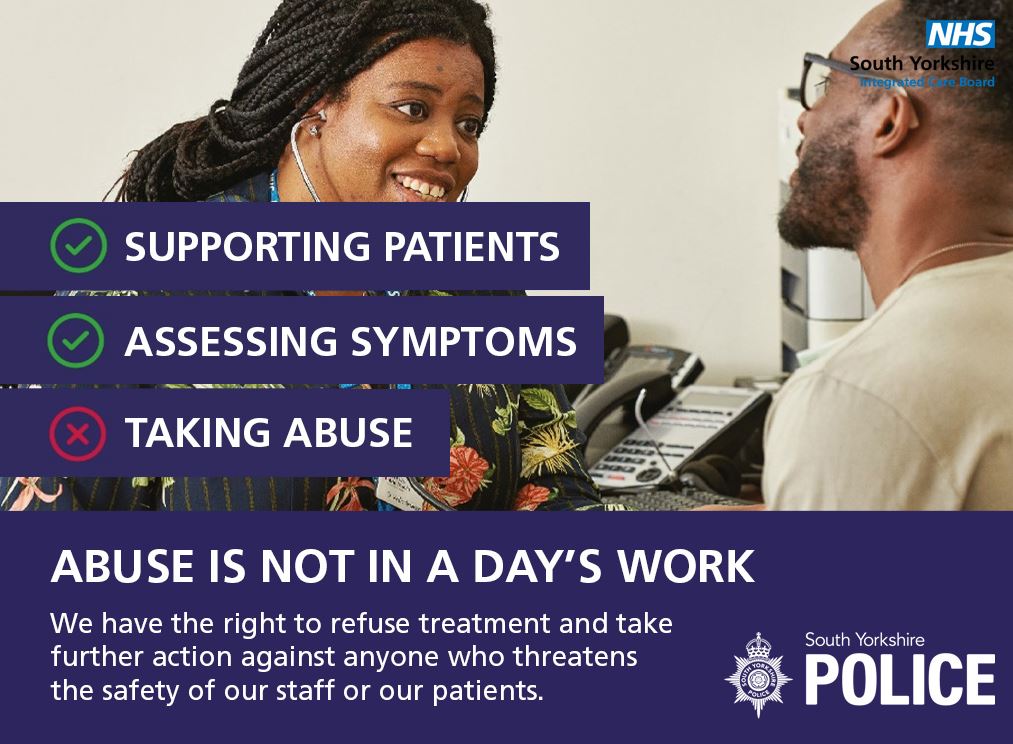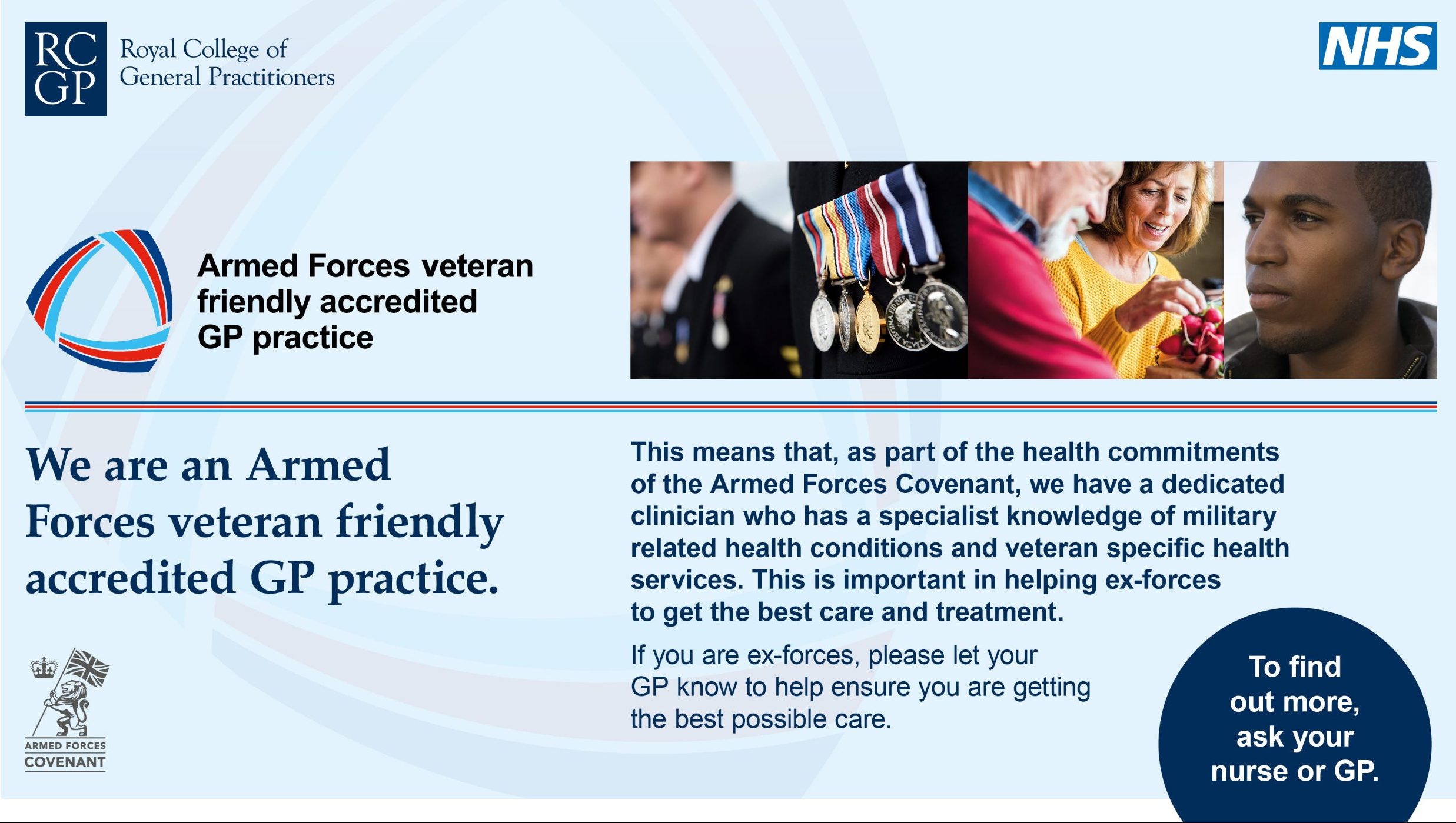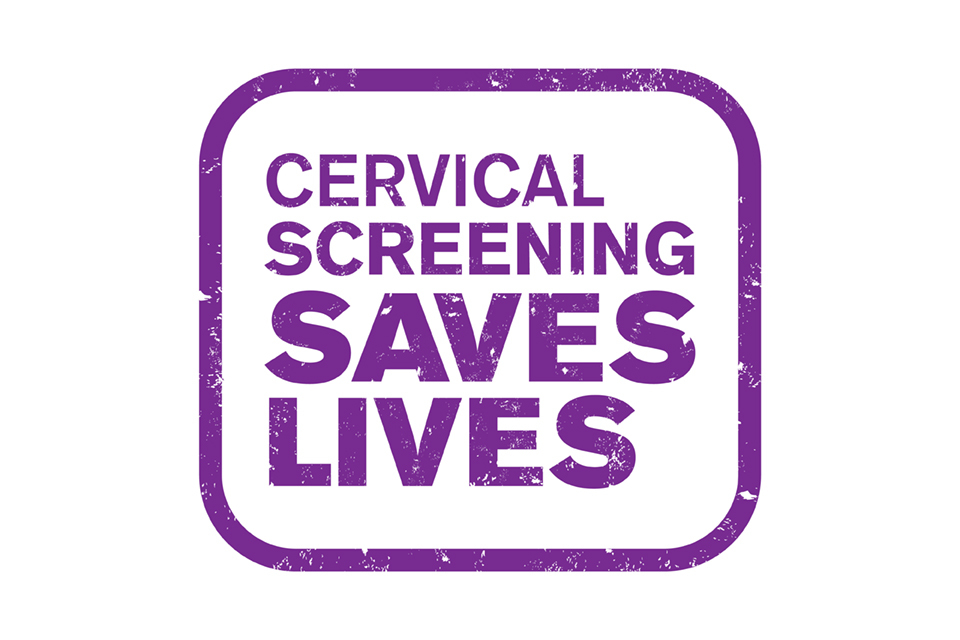
Road Closure – Dore Surgery Shared Care Protocols for ADHD Accurx Triage Beware Scam Alert Outsmart your anxiety – Daylight Respiratory Syncytial Virus (RSV) Vaccination Information Support for people who may have been affected by infected blood Travel Vaccinations – Cholera Vaccine Supply Issues MMR (measles, mumps and rubella) Vaccination Campaign Return your used inhalers to a pharmacy to help reduce your carbon footprint
Diabetes Advice
Diabetes
Diabetes is a serious condition where your blood glucose level is too high. It can happen when your body doesn’t produce enough insulin, or when you can’t produce any at all.
There are two main types of diabetes: type 1 and type 2.
When you’ve got type 1 diabetes, you can’t make any insulin at all. If you’ve got type 2 diabetes, the insulin you make either can’t work effectively, or you don’t produce enough of it.
If you don’t have diabetes, your pancreas senses when glucose has entered your bloodstream and releases the right amount of insulin, so the glucose can get into your cells. But if you have diabetes, this system doesn’t work properly.
The common symptoms of diabetes include:
- Going to the toilet a lot, especially at night
- Being really thirsty
- Feeling more tired than usual
- Losing weight without trying to
- Genital itching or thrush
- Cuts and wounds take longer to heal
- Blurred vision
Diabetes complications
Over a long period of time, high glucose levels in your blood can seriously damage your heart, your eyes, your feet and your kidneys. These are known as the complications of diabetes.
But with the right treatment and care, people can live a healthy life. And there’s much less risk that someone will experience these complications.
If you think you may have diabetes please contact your GP to discuss your symptoms.
For more information about diabetes please visit https://www.diabetes.org.uk/
If you have been diagnosed with diabetes and want further information or support, Diabetes UK Sheffield branch can help please visit https://sheffield.diabetesukgroup.org/ or ask your practice nurse to send them your details.
For help with weight loss you can visit https://www.livelightersheffield.com/ or ask your practice nurse to refer you.
Prediabetes
Some people may have a blood sugar level that is higher than usual, but not high enough to be diagnosed with type 2 diabetes. This is called prediabetes, and means you’re at risk of developing type 2 diabetes.
You can find out more about prediabetes, and the things you can do to reduce your risk of developing type 2 diabetes at https://www.diabetes.org.uk/
If you have prediabetes you can attend the diabetes prevention programme, more details are available at https://healthieryou.reedwellbeing.com/


Carterknowle Surgery
Opening Times
- Monday
08:30am to 12:30pm
01:30pm to 06:00pm
Phone lines close at 12:15 and reopen at 13:30 - Tuesday
08:30am to 12:30pm
01:30pm to 06:00pm
Phone lines close at 12:15 and reopen at 13:30 - Wednesday
08:30am to 12:30pm
01:30pm to 06:00pm
Phone lines close at 12:15 and reopen at 13:30 - Thursday
08:30am to 12:30pm
01:30pm to 06:00pm
Phone lines close at 12:15 and reopen at 13:30 - Friday
08:30am to 12:30pm
01:30pm to 05:00pm
Phone lines close at 12:15 and reopen at 13:30 - Saturday
CLOSED - Sunday
CLOSED
Dore Surgery
Opening Times
- Monday
08:30am to 12:30pm
01:30pm to 05:00pm
Phone lines close at 12:15 and reopen at 13:30 - Tuesday
08:30am to 12:30pm
01:30pm to 05:00pm
Phone lines close at 12:15 and reopen at 13:30 - Wednesday
08:30am to 12:30pm
01:30pm to 05:00pm
Phone lines close at 12:15 and reopen at 13:30 - Thursday
08:30am to 12:30pm
01:30pm to 05:00pm
Phone lines close at 12:15 and reopen at 13:30 - Friday
08:30am to 12:30pm
01:30pm to 05:00pm
Phone lines close at 12:15 and reopen at 13:30 - Saturday
CLOSED - Sunday
CLOSED





